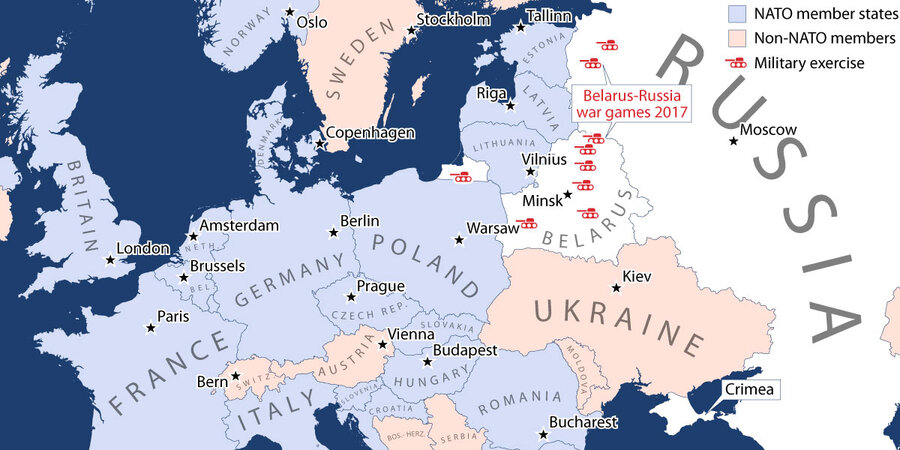At the United Nations, President Trump described "America First" as an approach that also involved cooperation. Is that a credible path for international engagement?
Monitor Daily Podcast
- Follow us:
- Apple Podcasts
- Spotify
- RSS Feed
- Download
 David Clark Scott
David Clark Scott
Not for the first time, anger over a sense of injustice fuels the protests in American streets this week.
St. Louis saw four nights of violent protests after a white cop was acquitted of murdering a black man. In Atlanta, protesters torched a police car Monday after a Georgia Tech student was fatally shot by campus police.
The family of the student called for peaceful protests: “Answering violence with violence is not the answer.”
Martin Luther King Jr. understood the kind of anger that drives street protests. And he channeled it. You might consider reading Dr. King’s 1964 Nobel Peace Prize lecture. Here are some excerpts that still resonate today.
“Violence as a way of achieving racial justice is both impractical and immoral … because it seeks to humiliate the opponent rather than win his understanding: it seeks to annihilate rather than convert. Violence is immoral because it thrives on hatred rather than love. It destroys community and makes brotherhood impossible. It leaves society in monologue rather than dialogue.”
But King wasn’t an advocate of doing nothing. He described nonviolent protest as a weapon “which cuts without wounding and ennobles the man who wields it.”
The only way, said King, to repair “a broken community" is "by appealing to the conscience of the great decent majority who through blindness, fear, pride, and irrationality have allowed their consciences to sleep.”
Now our five news stories intended to highlight security, equity, and progress at work.












